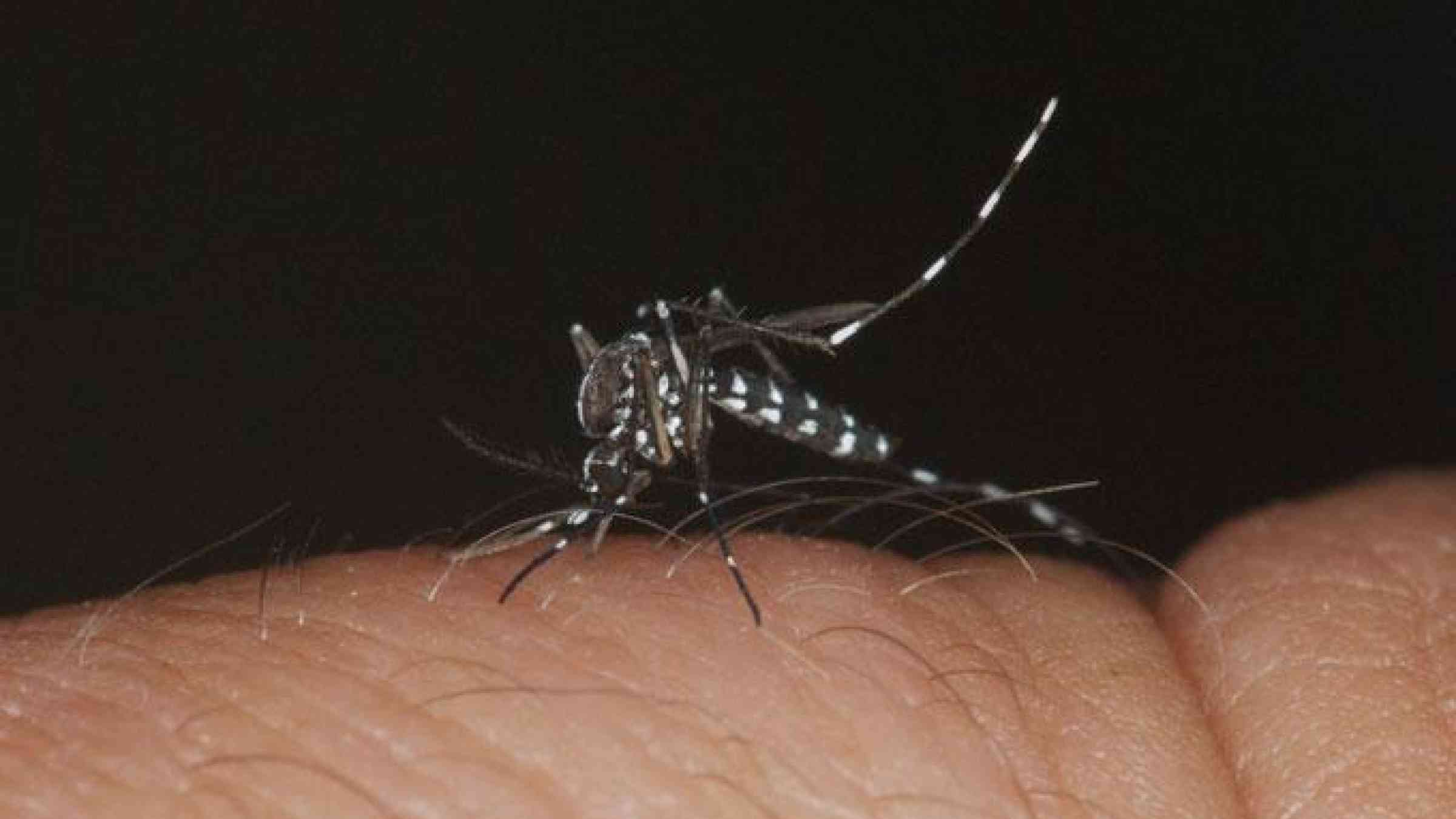Please help us improve PreventionWeb by taking this brief survey. Your input will allow us to better serve the needs of the DRR community.
Google engineers work with UNICEF to map Zika

Aedes mosquito. Photo by Flickr user AFPMB CC BY 2.0 https://flic.kr/p/8uPugf
Google engineers are working with U.N. child agency UNICEF to analyse data in an effort to map and anticipate the spread of the Zika virus, linked to birth defects among children in Brazil, the company said on Thursday.
Google, a unit of Alphabet Inc, said in a statement it was providing a $1 million grant to the United Nations Children's Emergency Fund to help it raise awareness about Zika, reduce mosquito poplations and support other Zika-related initiatives on the ground, mostly in Latin America.
The U.S. company said that it was also updating its products to make information on Zika more available.
Scientists suspect Zika may cause microcephaly in babies, a condition defined by unusually small heads that can result in developmental problems. Brazil said it has confirmed more than 640 cases of microcephaly, and considers most of them to be related to Zika infections in the mothers. Brazil is investigating more than 4,200 additional suspected cases of microcephaly.
Zika, transmitted by mosquitoes, was first detected in Brazil last year and is spreading rapidly in the Americas, according to the World Health Organization, which last month declared the outbreak a global health emergency.
Much is unknown about the disease, including whether it actually causes microcephaly. One of the difficulties in tracking the outbreak is that no reliable test for the virus exists, and in many cases victims present no symptoms.
Google said it had seen a 3,000 percent increase in global search interest since November. (http://bit.ly/1Y34keE)
It said it had added extensive information about Zika globally in 16 languages, with an overview of the virus, symptom information, and health alerts from governments and international organisations.
Google said a volunteer team of its engineers, designers, and data scientists was helping UNICEF build a platform to process data from different sources, including weather and travel patterns, in order to visualize potential outbreaks.
"The goal of this open source platform was to identify the risk of Zika transmission for different regions and help UNICEF, governments and NGOs decide how and where to focus their time and resources," the company said.
Chris Fabian, UNICEF Innovation Co-Lead, said the open source platform could be expanded for global use and employed in future disease outbreaks.
The Google grant to UNICEF would help it reach 200 million people in the region who are either affected by or vulnerable to Zika with information on how they can protect themselves, said Caryl M. Stern, President and CEO of the U.S. Fund for UNICEF.
Explore further
Please note: Content is displayed as last posted by a PreventionWeb community member or editor. The views expressed therein are not necessarily those of UNDRR, PreventionWeb, or its sponsors. See our terms of use
Is this page useful?
Yes No Report an issue on this pageThank you. If you have 2 minutes, we would benefit from additional feedback (link opens in a new window).